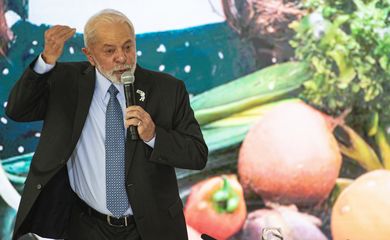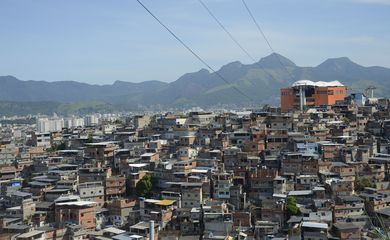Over 24 mi Brazilians no longer go hungry

The number of people facing severe food and nutritional insecurity in Brazil fell from 33.1 million in 2022 to 8.7 million in 2023—from 15.5 percent of the population to 4.1 percent.A remarkable achievement

Minister for Social Work, Family, and the Fight Against Hunger Wellington Dias noted that the figures come as a result of the government’s efforts to resume public policies on hunger and poverty. “By the year 2023, we had taken 24.4 million people out of this situation. They started having breakfast, lunch, and dinner every day,” he said.
In 2023, the country is reported to have had 27.6 percent (21.6 mi) of its households assailed by food insecurity—18.2 percent (14.3 mi) of which suffering from mild food insecurity, 5.3 percent (4.2 mi) facing moderate food insecurity, and 4.1 percent (3.2 mi) struggling under severe food insecurity.
The 2023 data can be found in a survey conducted by statistics bureau IBGE in partnership with the Ministry of Social Work, Family, and the Fight Against Hunger. The figures from 2022 were collected by Rede Penssan.







